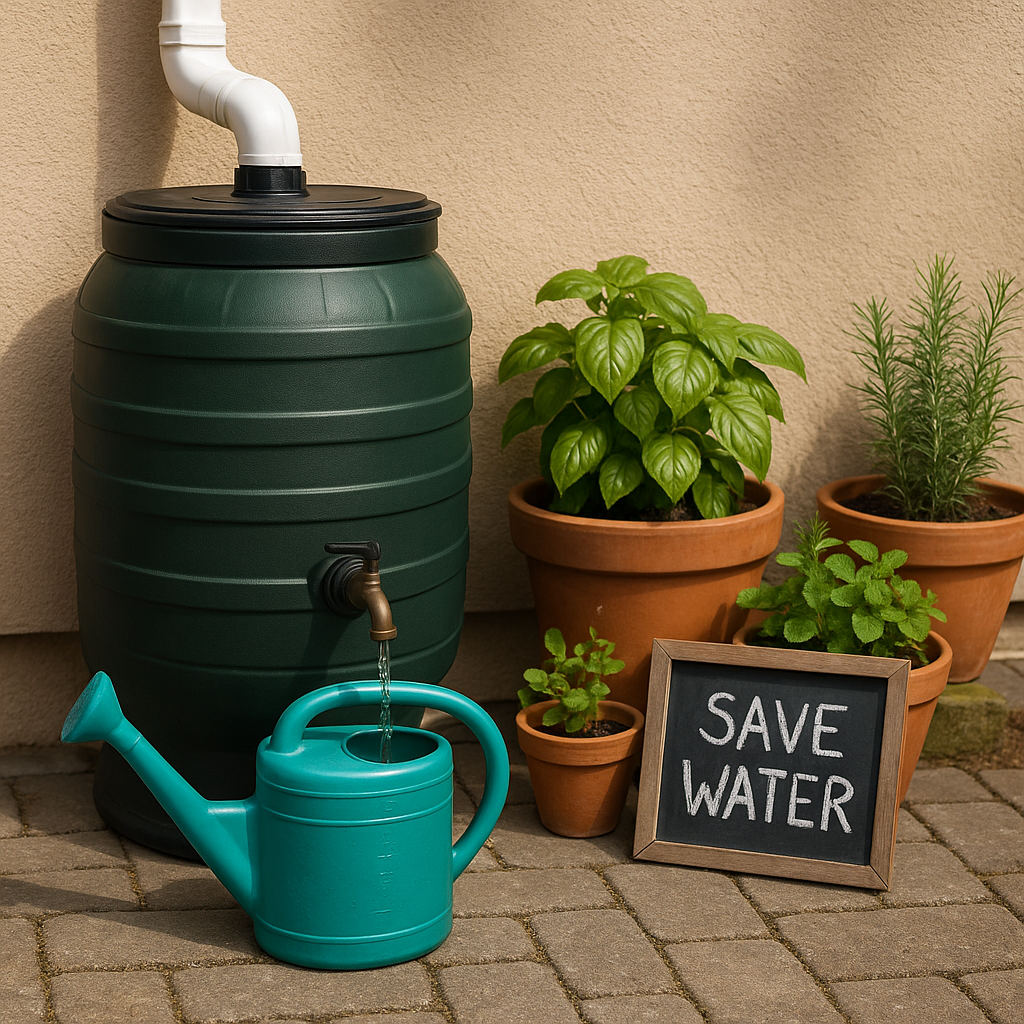Water is one of the most precious resources on our planet, yet many of us take it for granted. Every drop counts — not just because of environmental concerns, but also due to the rising cost of utilities and the increasing impact of climate change. The good news is that saving water doesn’t require major lifestyle changes. With a few conscious habits, you can reduce your daily water usage, help the planet, and even lower your bills.
In this article, we’ll explore practical and easy-to-implement water-saving tips for your home, garden, and everyday activities.
Why Water Conservation Matters
Before diving into the tips, let’s understand the importance of saving water:
- Freshwater is limited: Only about 3% of the Earth’s water is fresh, and less than 1% is accessible for human use.
- Climate change affects supply: Droughts and unpredictable weather patterns are reducing the availability of freshwater.
- High energy use: Water treatment and delivery systems consume a lot of energy, increasing your carbon footprint.
- Financial savings: Less water usage means smaller utility bills.
Now that you know why it matters, let’s explore what you can do.
1. Fix Leaks Immediately
A small drip from a leaky faucet can waste up to 3,000 gallons of water per year. Leaks often go unnoticed under sinks or in toilets, but they can have a significant impact over time.
Tip: Regularly check for leaks in your kitchen, bathroom, and outdoor hoses. Replace worn-out washers and seals.
2. Turn Off the Tap While Brushing Your Teeth
This simple habit can save up to 4 gallons of water every time you brush.
Tip: Wet your toothbrush, turn off the tap while brushing, and only use water again to rinse your mouth and brush.
3. Use a Bowl to Wash Fruits and Vegetables
Instead of letting the water run while you rinse produce, use a bowl or basin.
Bonus: Reuse the leftover water to irrigate your houseplants or garden.
4. Install Low-Flow Fixtures
Low-flow faucets, showerheads, and toilets can reduce water usage by 30–50% without sacrificing performance.
Tip: Look for WaterSense-labeled products — they meet EPA efficiency standards.
5. Shower Smarter
A standard shower uses about 2.5 gallons of water per minute. Cutting your shower time by just 2 minutes can save 5 gallons per session.
Tip: Try timing your showers with your favorite song playlist or use a shower timer.
6. Collect and Reuse Rainwater
Set up a rain barrel to collect water from your roof. This can be used for watering your garden, lawn, or even cleaning outdoor tools.
Important: Check your local regulations, as some areas have laws governing rainwater collection.
7. Only Run Full Loads in Dishwashers and Washing Machines
Running these appliances when they’re half-empty wastes both water and energy.
Tip: If you’re buying a new appliance, choose an energy- and water-efficient model.
8. Use Mulch in Your Garden
Mulch retains moisture in the soil, reduces evaporation, and limits weed growth, which competes for water.
Tip: Use organic mulch like wood chips, bark, or shredded leaves for better results.
9. Water Plants During Cooler Hours
Watering early in the morning or late in the evening prevents evaporation loss due to heat and sun exposure.
Bonus: Your plants absorb water more effectively during these cooler times.
10. Use a Broom Instead of a Hose
When cleaning patios, driveways, or sidewalks, opt for a broom instead of hosing them down.
Tip: You can save up to 80 gallons of water each time you clean an outdoor surface this way.
11. Upgrade to Dual-Flush or Low-Flush Toilets
Traditional toilets can use up to 6 gallons per flush. Modern dual-flush models use only 1.6 gallons or less, depending on the setting.
Tip: If replacing your toilet isn’t an option, add a water-displacement device inside the tank (like a weighted water bottle).
12. Don’t Use the Toilet as a Trash Can
Flushing tissues, dental floss, or other small items wastes water and can clog pipes.
Tip: Keep a small trash can in the bathroom for non-flushable waste.
13. Educate Family Members
Make water-saving a team effort. Teach kids and other household members how and why to use water wisely.
Tip: Turn it into a fun challenge to see who can reduce their water usage the most each week.
14. Cover Pools When Not in Use
Evaporation can lead to significant water loss in swimming pools. A simple cover can reduce evaporation by up to 90%.
Tip: Pool covers also help retain heat, reducing energy costs.
15. Check Your Water Bill for Spikes
A sudden increase in your bill could be a sign of hidden leaks or excessive usage.
Tip: Monitor your monthly usage and investigate any unusual changes.
Small Actions, Big Impact
Water conservation doesn’t have to be complicated or expensive. By incorporating these small, practical changes into your routine, you contribute to a sustainable future while enjoying direct benefits like lower utility bills and a healthier home.
The key is awareness. Once you become conscious of how much water you use — and how easily it can be wasted — you’ll find plenty of opportunities to make smarter choices.
Every drop truly does count. 🌍💧
